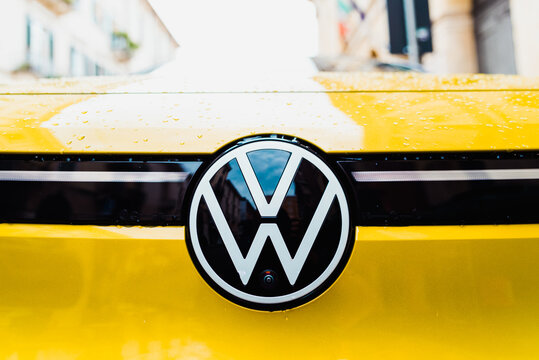- Admin
- Sep 04, 2024
- Buying Guides
- Read: Small Medium Large
Volkswagen Faces Potential Plant Closures in Germany Amid Economic Struggles
In a move that has sent shockwaves through the automotive industry, Volkswagen (VW) has announced that it may be forced to close several of its factories in Germany. This unprecedented decision comes as the company grapples with significant financial challenges and a rapidly changing market landscape.
Economic Pressures and Market Shifts
Volkswagen's management has cited a combination of factors for the potential closures, including declining vehicle sales in Europe, increased competition from Chinese carmakers, and the need for substantial cost-cutting measures². The company has been struggling to maintain profitability, with annual vehicle sales in Europe expected to remain significantly lower than pre-pandemic levels.

Union Backlash
The announcement has sparked a fierce backlash from trade unions and employees. Daniela Cavallo, a leading representative of Volkswagen's General Works Council, described the proposed closures as "a declaration of bankruptcy" and criticized management for failing to protect jobs. Employees have staged protests, waving union flags and banners with slogans urging leaders to "finally do your job".
Management's Response
Oliver Blume, CEO of Volkswagen Group, acknowledged the emotional impact of the situation on all stakeholders. "The automotive industry has changed massively in recent years. Together, we will implement appropriate measures to become more profitable. We are leading VW back to where the brand belongs — that is the responsibility of all of us," Blume stated.
Future Uncertainty
While specific locations for the potential closures have not been confirmed, analysts speculate that sites in Osnabrück and Dresden could be among the targets⁴. The company has also indicated that it may end its long-standing employment protection agreement, which has been in place since 1994, to facilitate the necessary structural adjustments.
As Volkswagen navigates these turbulent times, the future of its German plants remains uncertain. The company's ability to adapt to the evolving market conditions will be crucial in determining its long-term success.





